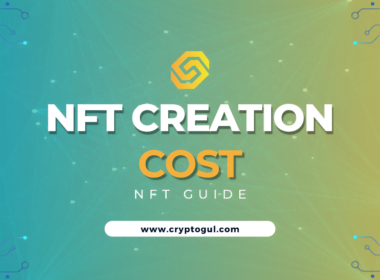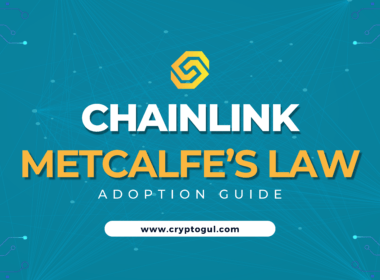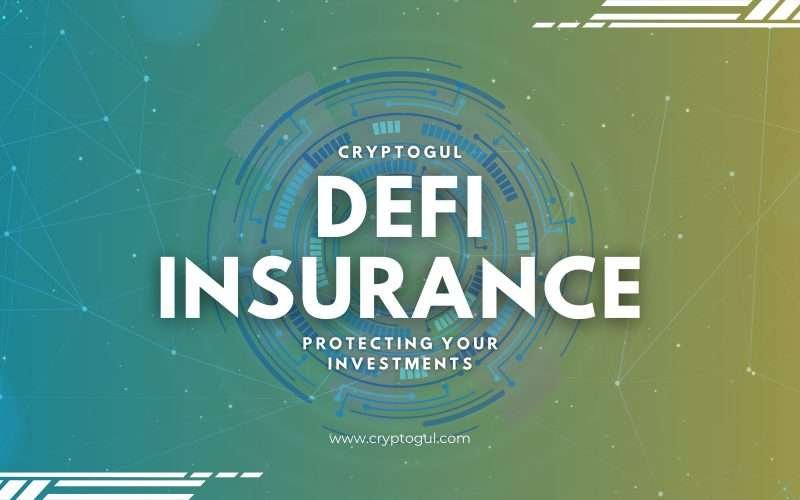Defi insurance has emerged as a crucial aspect of the rapidly expanding decentralized finance (DeFi) sector, offering much-needed protection for crypto investments.
In this comprehensive guide, we will explore the world of DeFi insurance, its various aspects, and how it safeguards your assets from potential risks and unforeseen events.
Understanding DeFi Insurance
DeFi insurance refers to financial products designed to protect users against risks and losses associated with decentralized finance platforms and services.
It encompasses various elements of the DeFi ecosystem, including smart contract vulnerabilities, exchange hacks, and staking risks.
By opting for DeFi insurance, users can secure their investments and ensure protection in case of unexpected incidents.
The Need for DeFi Insurance
The DeFi ecosystem offers immense potential but is not without risks. Here are some key reasons highlighting the importance:
Smart Contract Vulnerabilities
Smart contracts form the backbone of DeFi platforms and services. However, they are susceptible to bugs, exploits, and hacks, potentially causing significant losses for users.
It also can protect users against these risks by covering losses resulting from smart contract vulnerabilities.
Centralized Exchange Hacks
Though DeFi platforms are decentralized, users often depend on centralized exchanges for buying and selling tokens.
These exchanges are vulnerable to hacks, leading to loss of users’ funds. DeFi insurance can offer coverage for such losses.
Staking Risks
Many DeFi platforms provide staking opportunities, allowing users to lock up their tokens to earn rewards.
Staking, however, involves risks such as loss of funds due to platform failures or hacks. Insurance can help mitigate these risks.
Types of DeFi Insurance
It can be broadly classified into two categories:
Traditional Insurance Companies
Some conventional insurance companies have introduced products tailored for the DeFi market.
These companies offer coverage for a range of risks associated with DeFi platforms and services.
Decentralized Insurance Protocols
Decentralized protocols are blockchain-based platforms that provide insurance coverage for DeFi risks.
They utilize smart contracts to automate the insurance process, resulting in a more transparent, efficient, and cost-effective system.
Key Players in the DeFi Insurance Market
Prominent providers in the market include:
Nexus Mutual
Nexus Mutual is a decentralized insurance platform built on the Ethereum blockchain. It offers coverage for smart contract vulnerabilities, exchange hacks, and staking risks.
Nexus Mutual operates as a mutual, with members pooling their funds to provide insurance coverage for one another.
Bridge Mutual
Bridge Mutual is a decentralized, discretionary platform that allows users to provide, purchase, and claim coverage for DeFi risks.
It employs a DAO (Decentralized Autonomous Organization) structure to enable users to vote on claims and other platform decisions.
How to Choose the Right DeFi Insurance
When selecting the right provider, consider the following factors:
Reputation and Track Record
Choose an insurance provider with a solid reputation and a proven track record in handling claims and payouts.
Coverage Offered
Ensure that the provider covers the specific risks associated with your DeFi investments, such as smart contract vulnerabilities, exchange hacks, and staking risks.
Premiums and Payouts
Compare the premiums and potential payouts offered by different insurance providers to determine the best value for your investment.
How to Purchase DeFi Insurance
To purchase, follow these steps:
- Research various providers and select one that meets your requirements.
- Visit the provider’s platform and create an account.
- Choose the type of coverage you want and the amount you wish to insure.
- Review the premium and potential payout details.
- Complete the purchase process by paying the premium using the accepted cryptocurrency.
The Future of DeFi Insurance
As the DeFi ecosystem continues to expand, the demand is expected to grow.
Emerging trends such as multi-chain protocols, cross-chain bridges, and decentralized identity solutions may create new opportunities for providers to offer more comprehensive and innovative products.
Challenges and Opportunities for DeFi Insurance
While it offers immense potential, it also faces several challenges, including regulatory uncertainty, limited awareness, and the evolving nature of risks in the DeFi space.
However, these challenges present opportunities for insurance providers to develop new products, establish industry standards, and promote best practices for risk mitigation.
Conclusion
It’s an essential component of the decentralized finance ecosystem, offering protection for crypto investors against various risks.
By understanding the nuances, investors can make informed decisions and secure their investments, fostering greater trust and adoption of the DeFi space.
DeFi insurance refers to financial products designed to protect users against risks and losses associated with decentralized finance platforms and services.
DeFi insurance offers protection against potential risks such as smart contract vulnerabilities, centralized exchange hacks, and staking risks, ensuring the safety of your crypto investments.
Consider factors such as the provider’s reputation, track record, coverage offered, and premiums and payouts when selecting a DeFi insurance provider.
The availability of DeFi insurance for specific cryptocurrencies depends on the insurance provider and their offered products. Research different providers to find one that covers the cryptocurrency you want to insure.
The regulatory landscape for DeFi insurance varies across jurisdictions and is still evolving. As the DeFi ecosystem matures, regulatory frameworks may become more defined and standardized.








